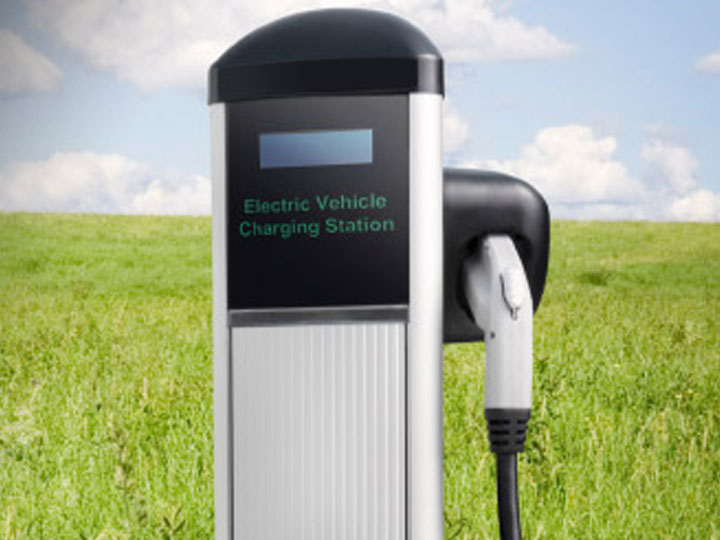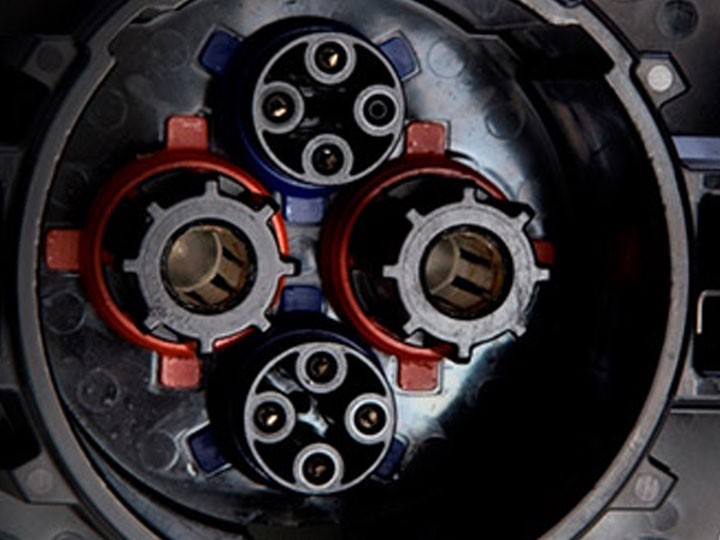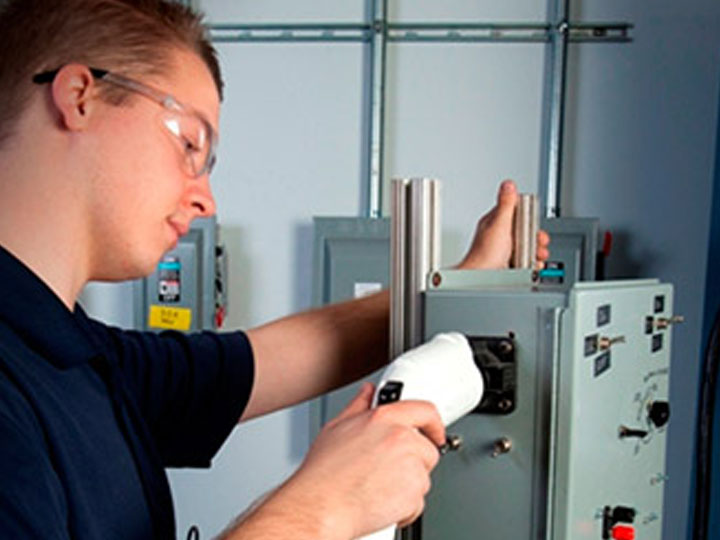Intertek Blog: Electric Vehicle

01 Apr 2025
Understanding Defects and Delivering Solutions Via Failure Analysis
Leveraging these Incidents as Valuable Learning Opportunities to Inform Better Design and Manufacturing Practices

21 Mar 2025
Lighting the Way: A Practical Guide to FMVSS 108 Compliance for Automotive Engineers
What Engineers Need to Know About Testing, Certification, and Avoiding Common Compliance Pitfalls
07 Jun 2022
Automotive design considerations for global market access
How to maximise product performance and minimise time to market
17 Feb 2022
A Look to the Future of Formula E Racing
How Formula E teams can extract maximum performance from their powertrains under the new regulations

10 Sep 2019
Moving Production Facilities Can Impact Certifications
What to Know When Considering a Geographic Change
06 Mar 2018
Fuel Cell Technologies - An External Supply of Chemical Energy
Generating Electricity from an Electrochemical Reaction
29 Jul 2014
A Closer Look at EVs and FCVs: Competing or Complimentary Technologies?
What are the competing or complementary technologies of EVs and FCVs?
22 Jul 2014
The EV Advantage
In part two of this three part series, we’ll take a closer look at the electric vehicle advantage and energy efficiency advantage
15 Jul 2014
Fuel Cells vs Batteries in the Automotive Sector
What are the benefits of fuel cell vehicles?

15 Feb 2013
Certification to UL 2202 - Part II
An EV battery charger is typically AC in/DC out, and provides charging voltage directly to the vehicle battery. These systems are typically used to provide higher power levels and thereby faster charging than the onboard chargers.

14 Feb 2013
Certification to UL 2202 - Part I
There are several design types or protocols for DC chargers, all of which can be tested and listed according to UL 2202 and NEC requirements. One common system currently deployed in the U.S. is the CHAdeMO Quick Charger.

18 Dec 2012
The New Standard for Electric Vehicle Supply Equipment (EVSE) - Part II
Following the much-anticipated revision of SAE J1772, the new North American safety standard for plug-in hybrid electric vehicle (PHEV) and electric vehicle (EV) conductive charge couplers in October 2012...

14 Dec 2012
The New Standard for Electric Vehicle Supply Equipment (EVSE) - Part I
The new revision of SAE J1772 provides critical design guidelines for charging controls and connectors used to charge plug-in vehicles...